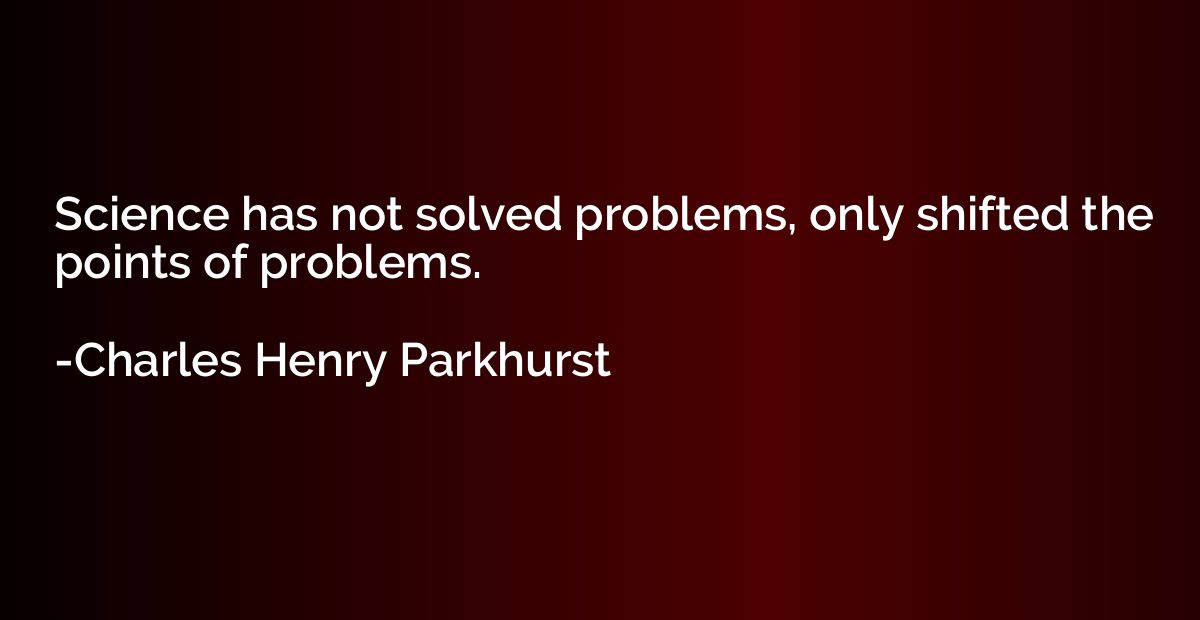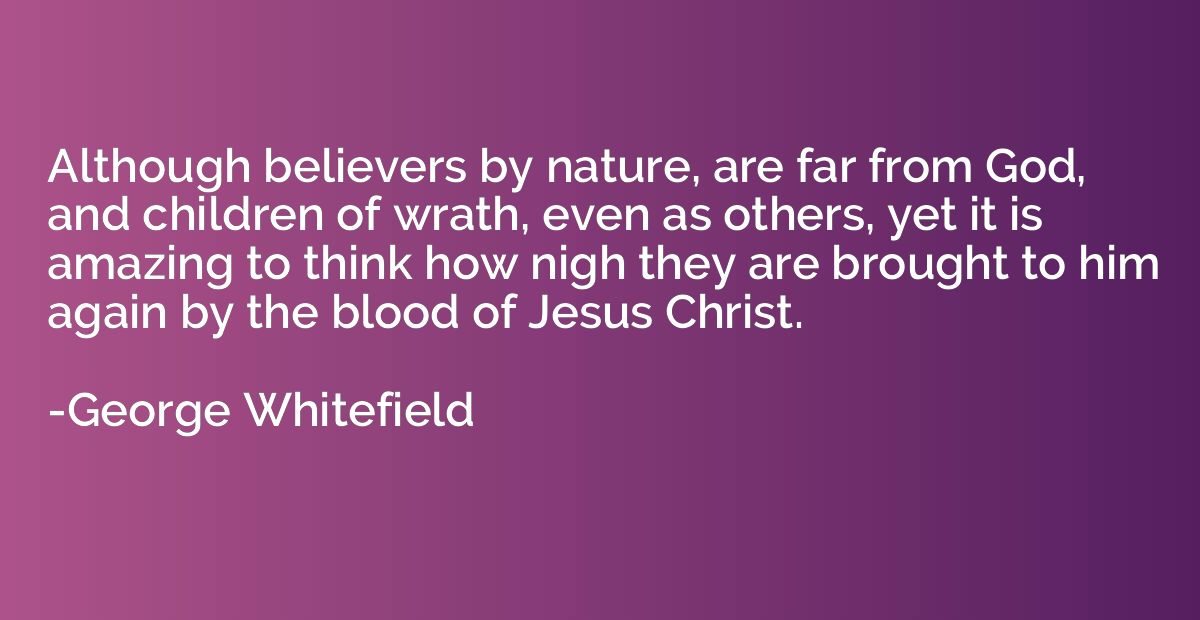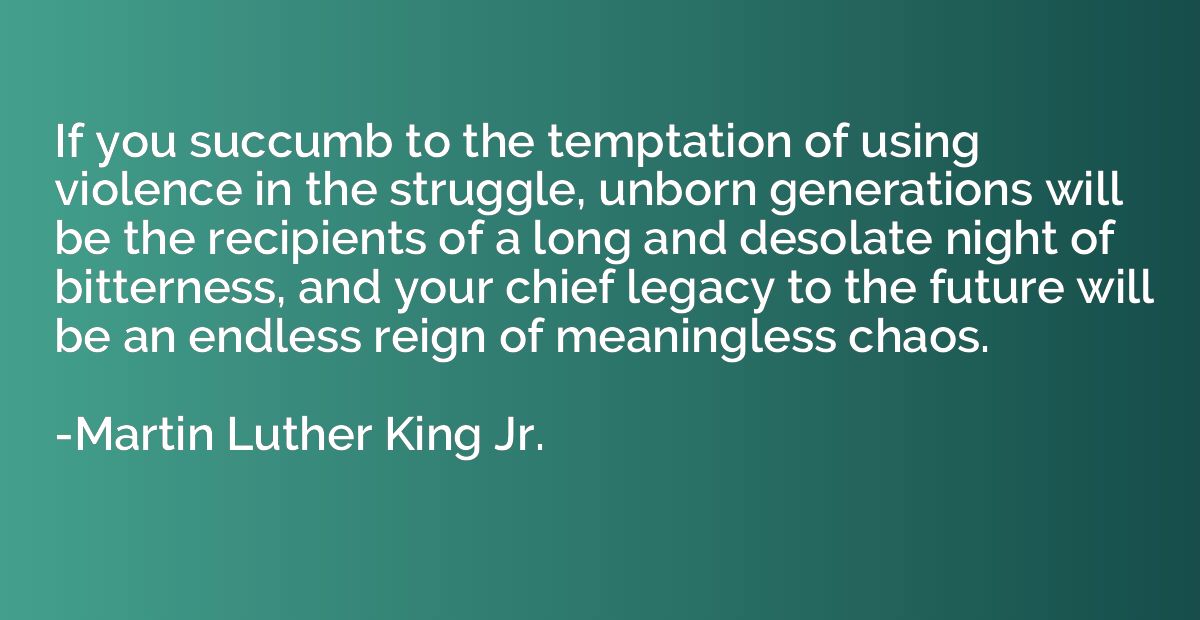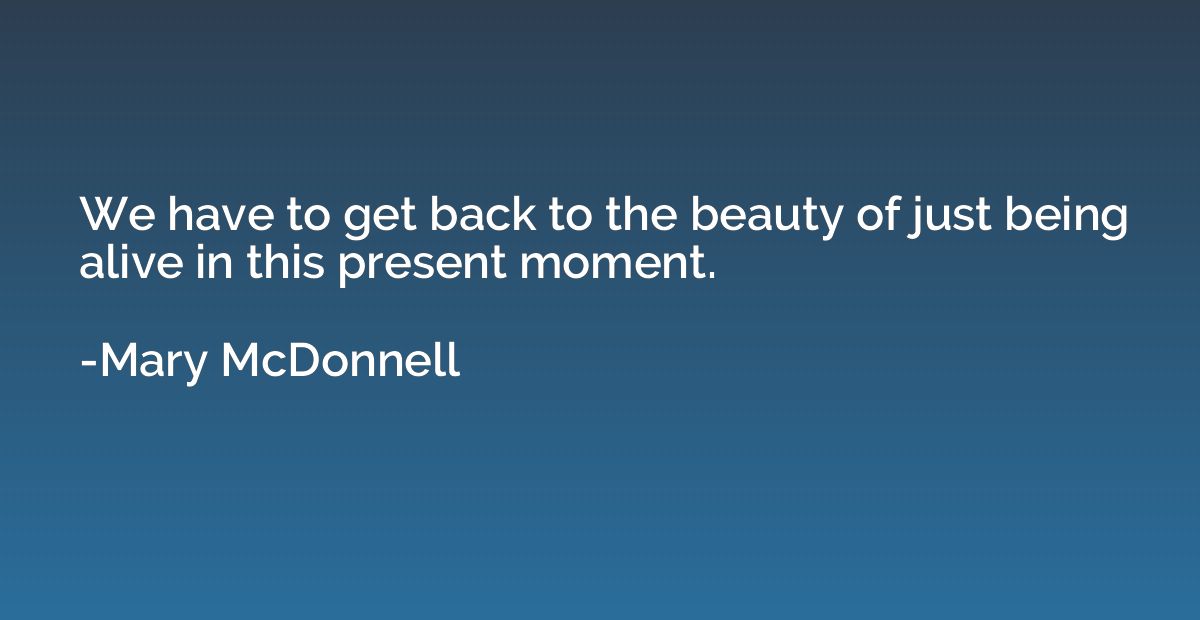Quote by Ian Fleming
You only live twice. Once when you are born and once when you look death in the face.
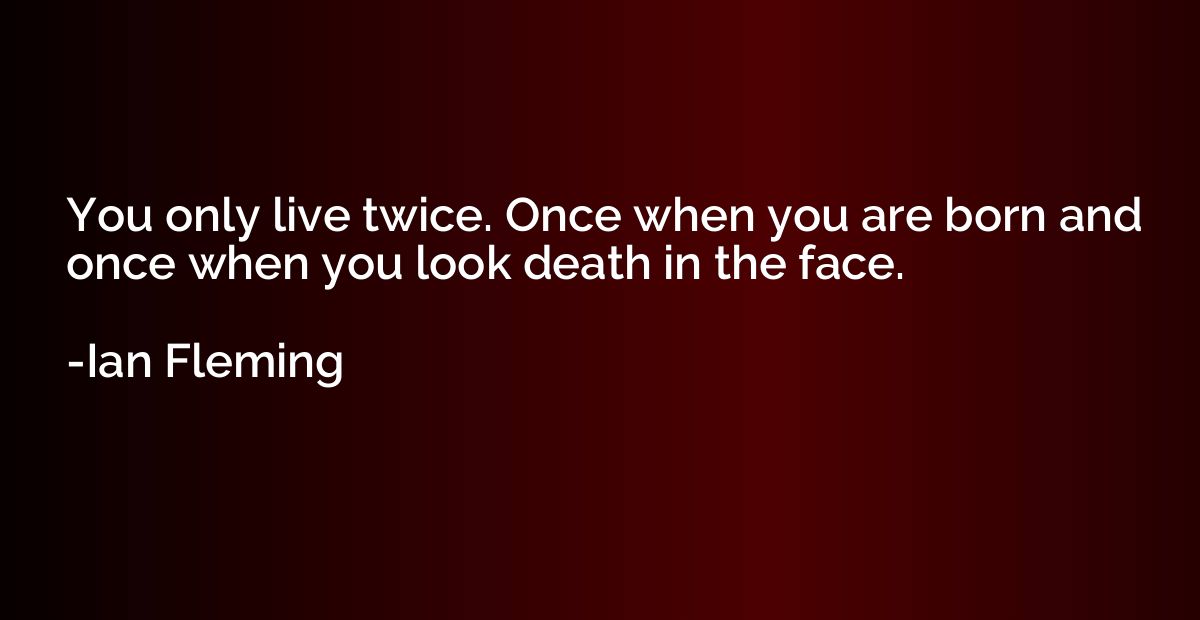
Summary
This quote suggests that an individual experiences two significant moments in life that are analogous to "living" - birth and confronting death. The first is the literal beginning of life, but the second is less tangible, referring to a profound encounter with mortality. It implies that one truly lives, confronts their mortality, and gains a deeper appreciation for life when faced with the possibility of death, as it forces reflection on the transient nature of existence. Thus, it emphasizes the importance of embracing life fully and cherishing every moment.
Topics
Health
By Ian Fleming




